Category: Science, Culture and History
-
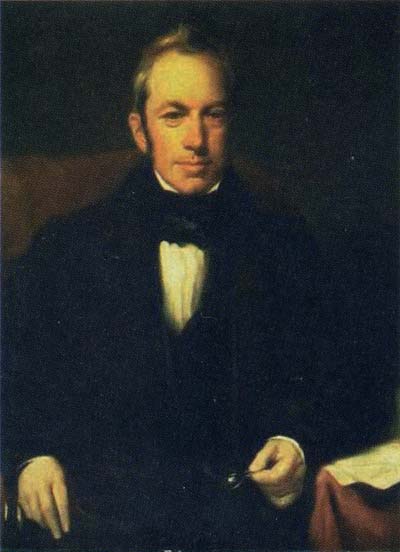
Robert Brown (1773-1858)
Robert Brown: The Pioneer of Cell Biology and Plant Science Robert Brown (1773-1858) was a distinguished Scottish botanist and naturalist whose meticulous observations and discoveries significantly advanced the fields of cell biology and plant science. Born on December 21, 1773, in Montrose, Scotland, Brown’s early education at Montrose Academy laid the foundation for his fascination…
-
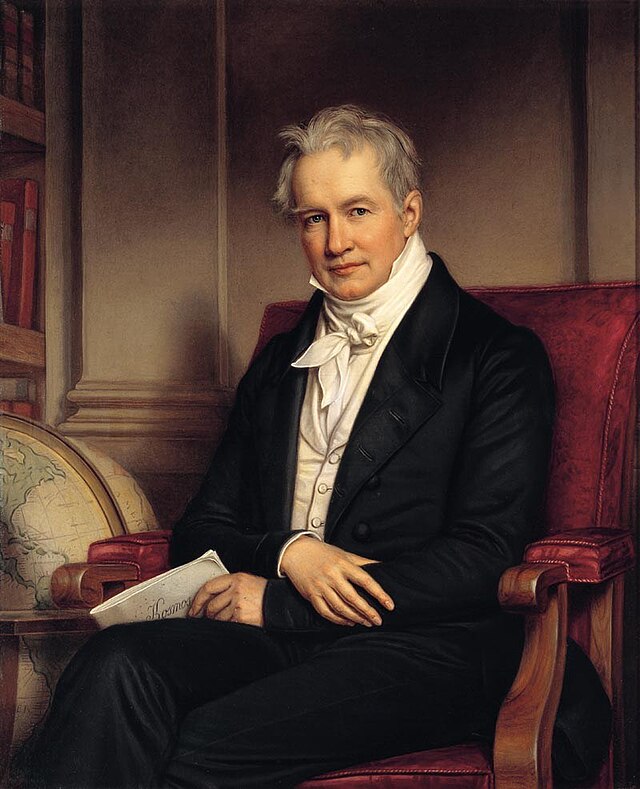
Alexander von Humboldt (1769-1859)
Alexander von Humboldt: The Visionary Naturalist and Explorer Alexander von Humboldt (1769-1859) was a towering figure in the natural sciences, whose explorations and scientific contributions laid the groundwork for modern environmental science, biogeography, and ecology. Born on September 14, 1769, in Berlin, Prussia (now Germany), Humboldt grew up in an aristocratic family with a keen…
-
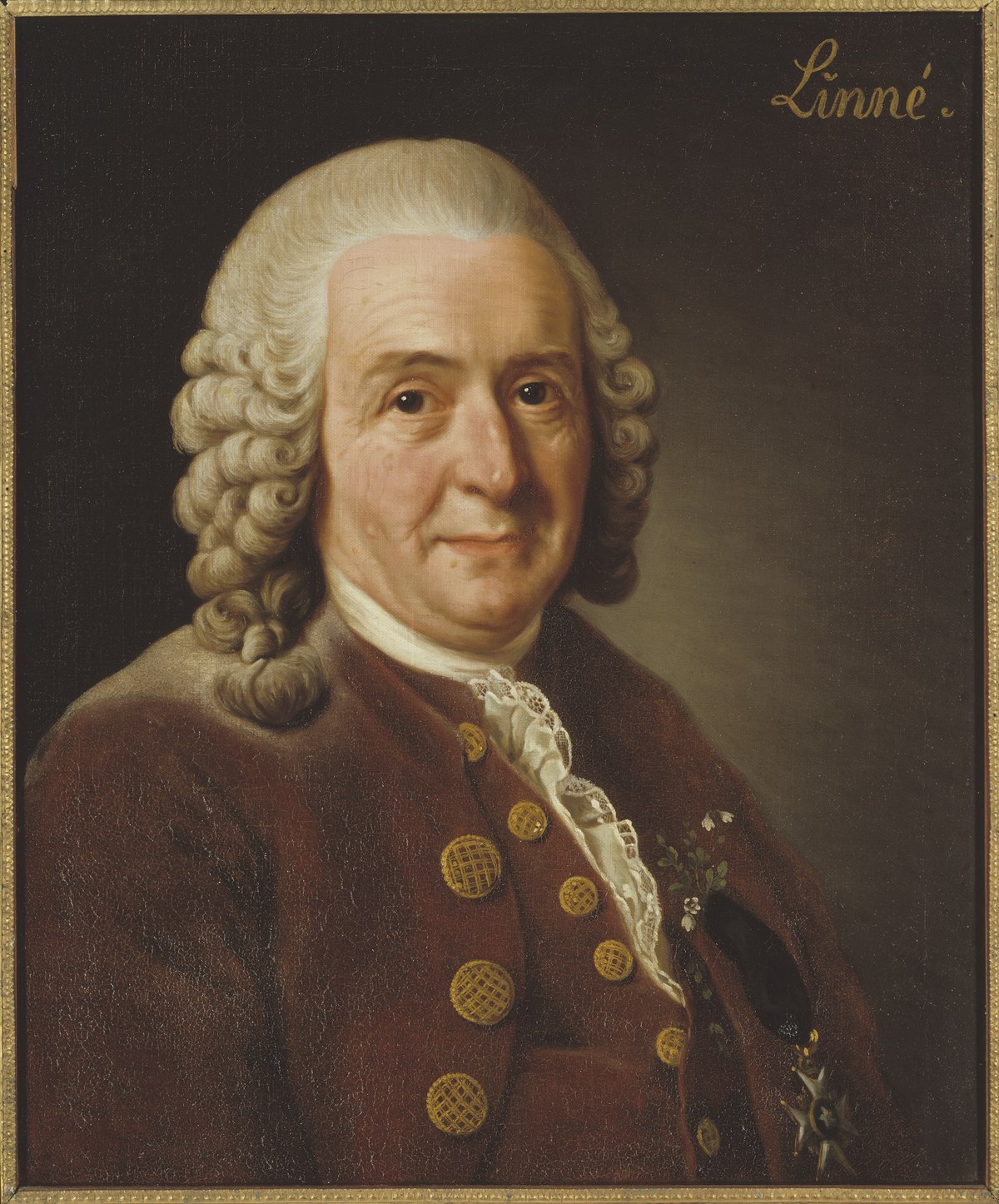
Carl Linnaeus (1707-1778)
Carl Linnaeus: The Father of Modern Taxonomy Carl Linnaeus (1707-1778), also known as Carolus Linnaeus, is a towering figure in the history of biology, celebrated as the father of modern taxonomy. Born on May 23, 1707, in Råshult, Sweden, Linnaeus’s fascination with nature and plants began at an early age, encouraged by his father, a…
-
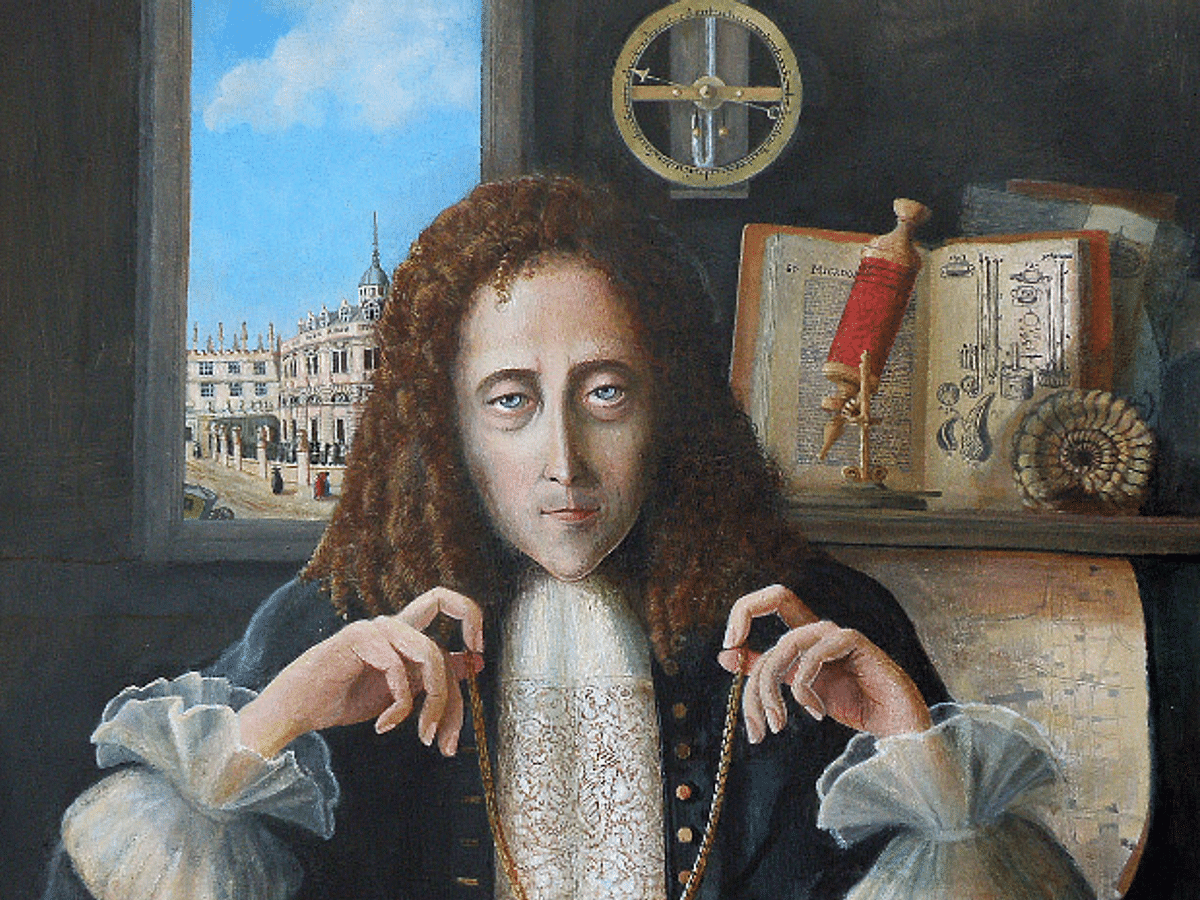
Robert Hooke (1635-1703)
Robert Hooke: The Renaissance Man of Science Robert Hooke (1635-1703) was an English polymath whose contributions spanned many fields of science and engineering. Born on July 18, 1635, in Freshwater on the Isle of Wight, Hooke was the son of a curate. His early education was marked by illness, which led to a largely self-directed…
-
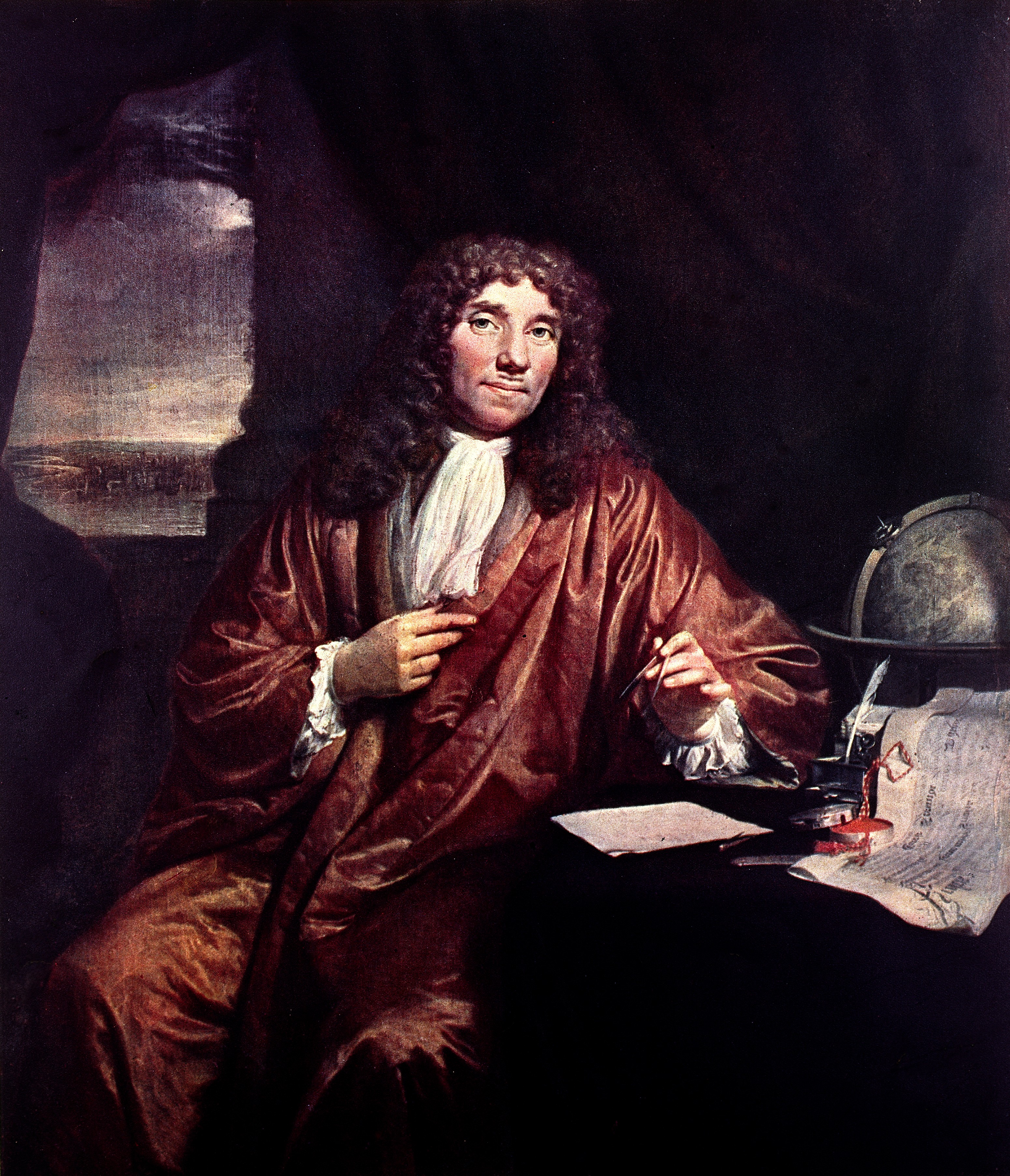
Antonie van Leeuwenhoek (1632-1723)
Antonie van Leeuwenhoek, born on October 24, 1632, in Delft, Netherlands, is celebrated as the father of microbiology. His pioneering work in microscopy and his discovery of the microbial world laid the foundation for the field of microbiology, significantly advancing our understanding of the microscopic structures that are crucial to life. Leeuwenhoek’s early life was…
-

Aristotle (385 BCE – 322 BCE)
Aristotle (385 BCE – 322 BCE) was a Greek philosopher and polymath who made significant contributions to a wide range of subjects, including biology, ethics, politics, metaphysics, and logic. Born in Stagira, a small town in northern Greece, Aristotle was sent to Athens at the age of seventeen to study at Plato’s Academy, where he…
-
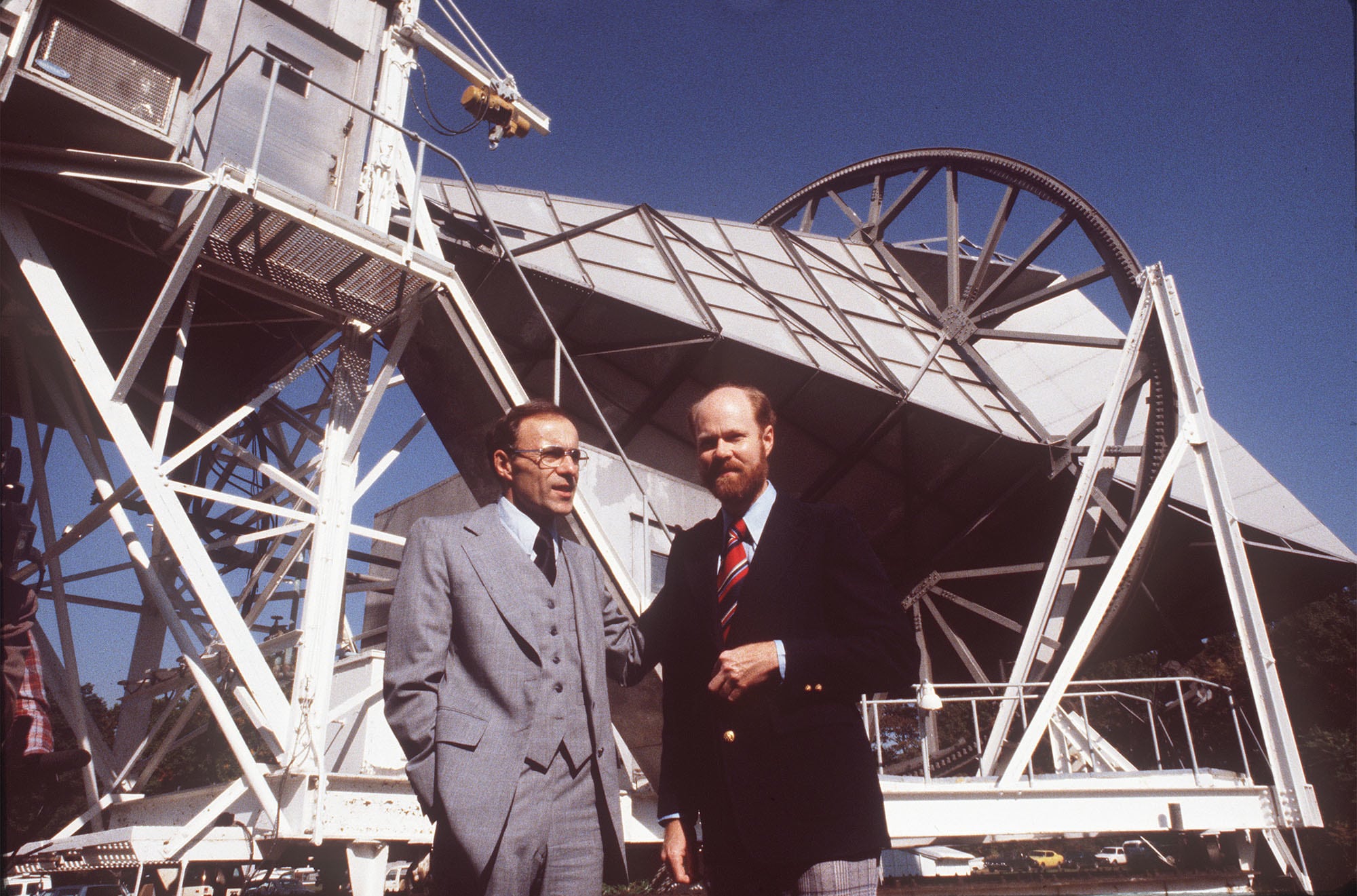
Arno Penzias (1933) e Robert Wilson (1936)
Arno Penzias and Robert Wilson are two American physicists renowned for their groundbreaking discovery of the cosmic microwave background radiation (CMB) in 1965, a finding that provided substantial evidence for the Big Bang theory of the universe’s origin. This discovery has had a profound impact on cosmology, earning them the Nobel Prize in Physics in…
-
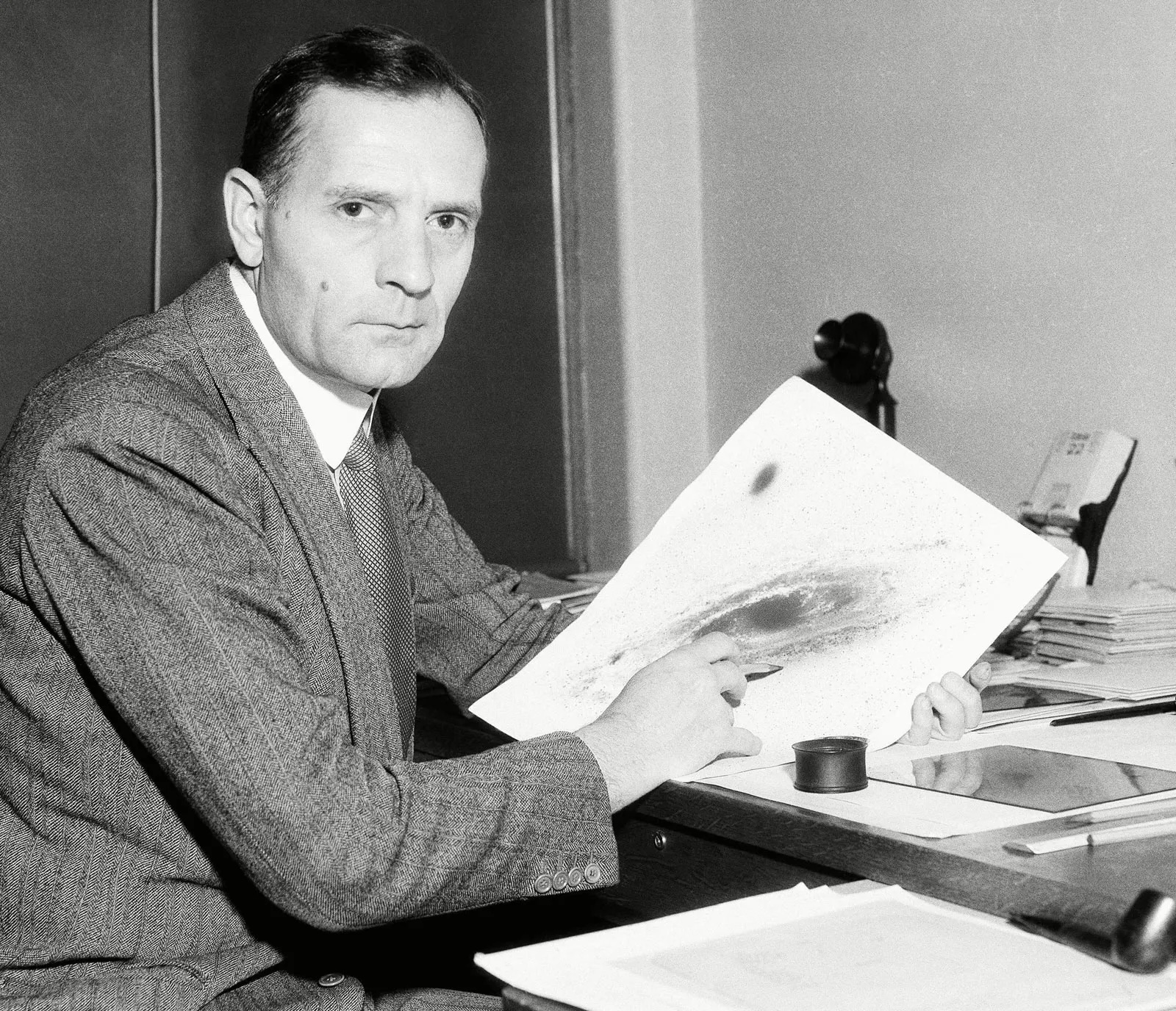
Edwin Hubble (1889-1953)
Edwin Hubble, born on November 20, 1889, in Marshfield, Missouri, was a pioneering American astronomer whose discoveries revolutionized our understanding of the universe. His work provided the first evidence of galaxies beyond the Milky Way and demonstrated that the universe is expanding, laying the foundation for modern cosmology. Hubble’s early life was marked by a…
-
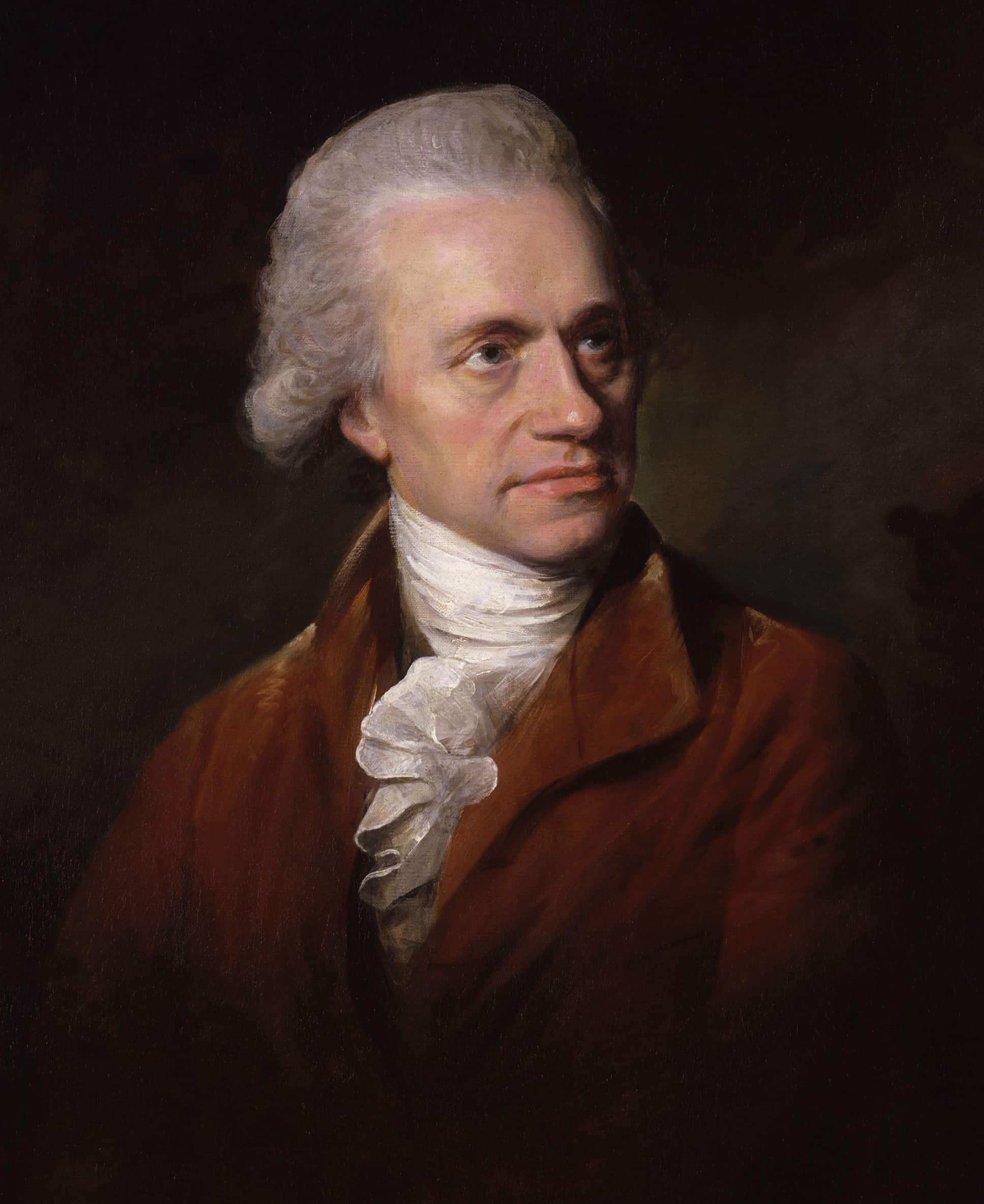
William Herschel (1738-1822)
William Herschel, born on November 15, 1738, in Hanover, Germany, is remembered as one of the most influential astronomers of the 18th and 19th centuries. Originally a talented musician, Herschel’s transition to astronomy led to groundbreaking discoveries that expanded our understanding of the universe. Herschel’s early life was steeped in music. He followed in his…
-
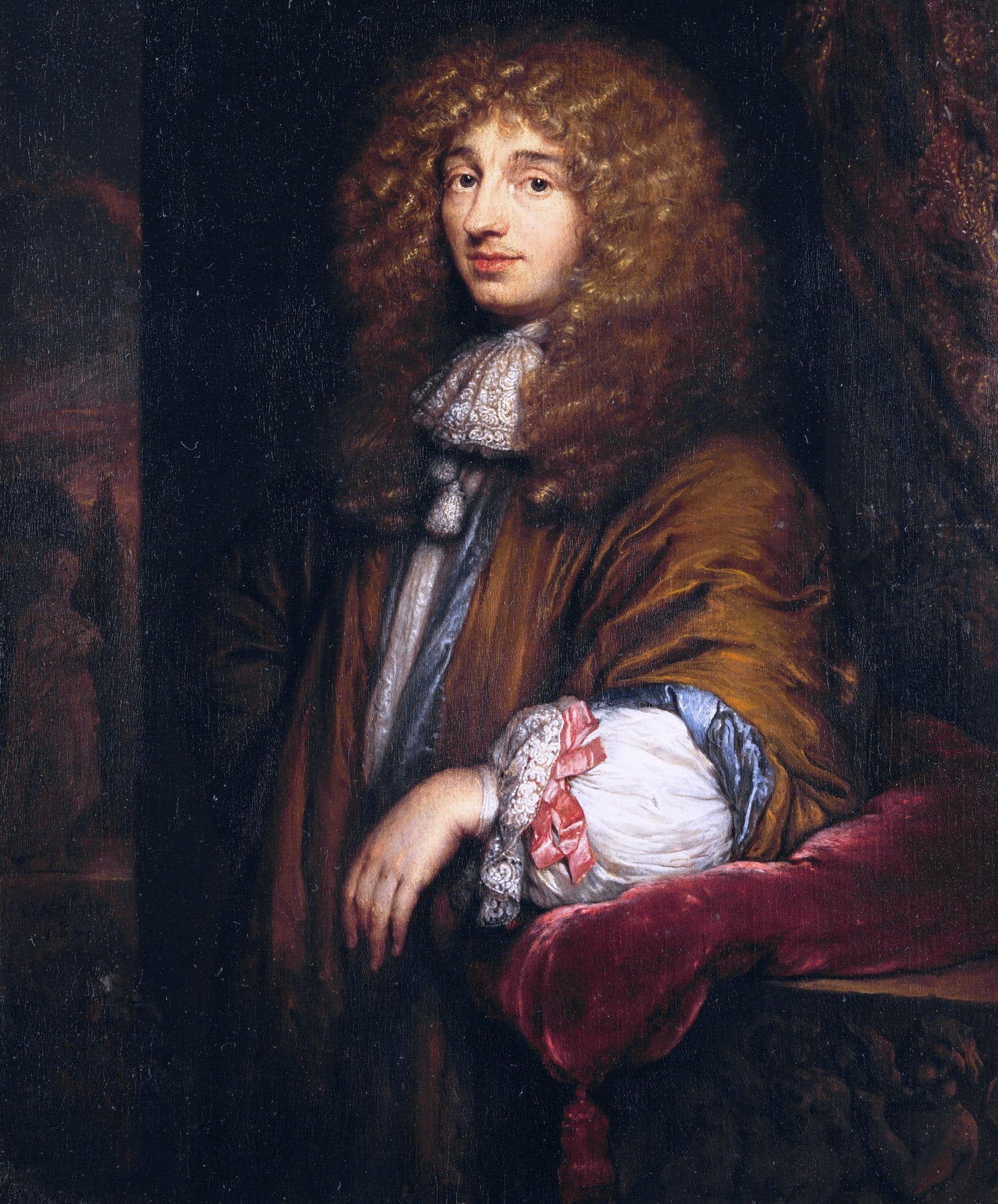
Christiaan Huygens (1629-1695)
Christiaan Huygens, born on April 14, 1629, in The Hague, Netherlands, was a remarkable scientist whose contributions spanned multiple fields, including astronomy, mathematics, and physics. Huygens is often regarded as one of the most influential scientists of the 17th century, alongside figures like Isaac Newton and Galileo Galilei. His innovative work laid the foundations for…